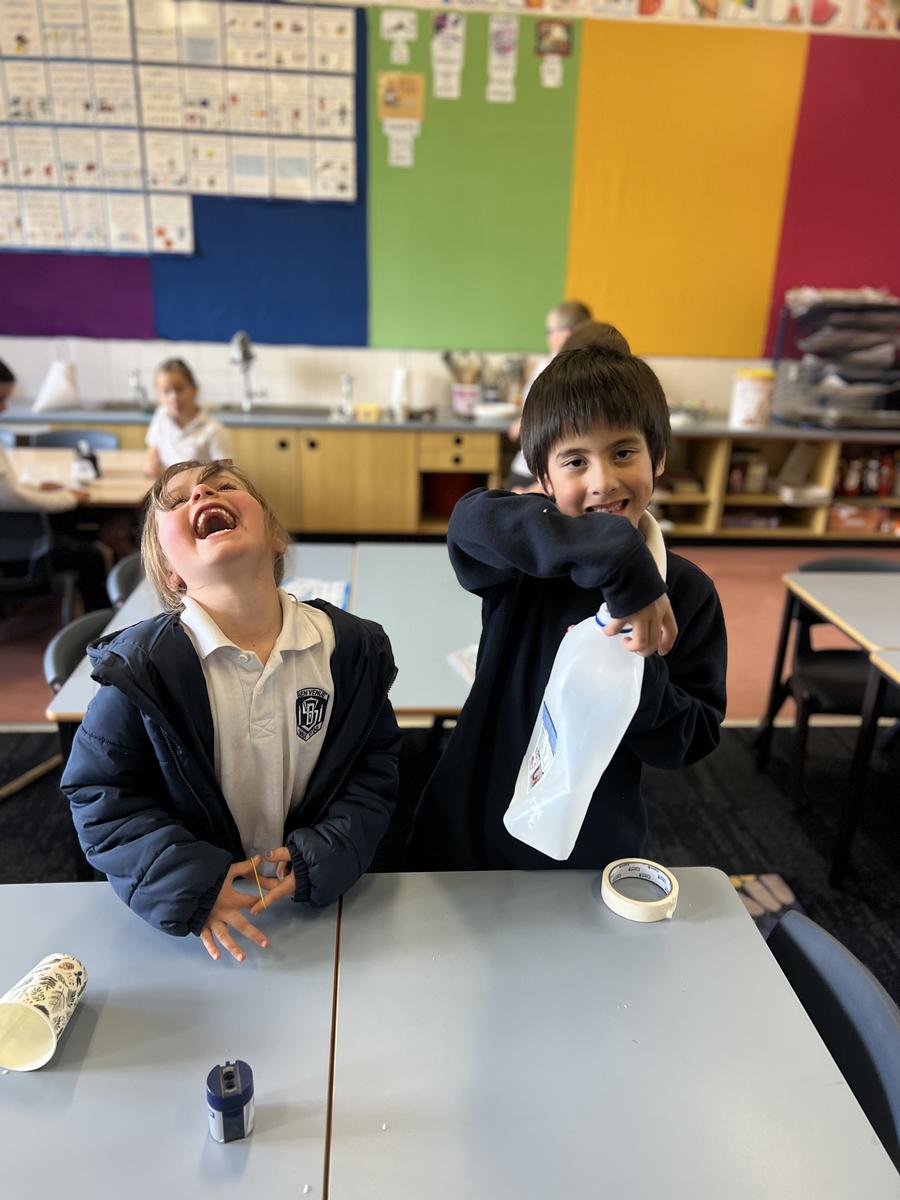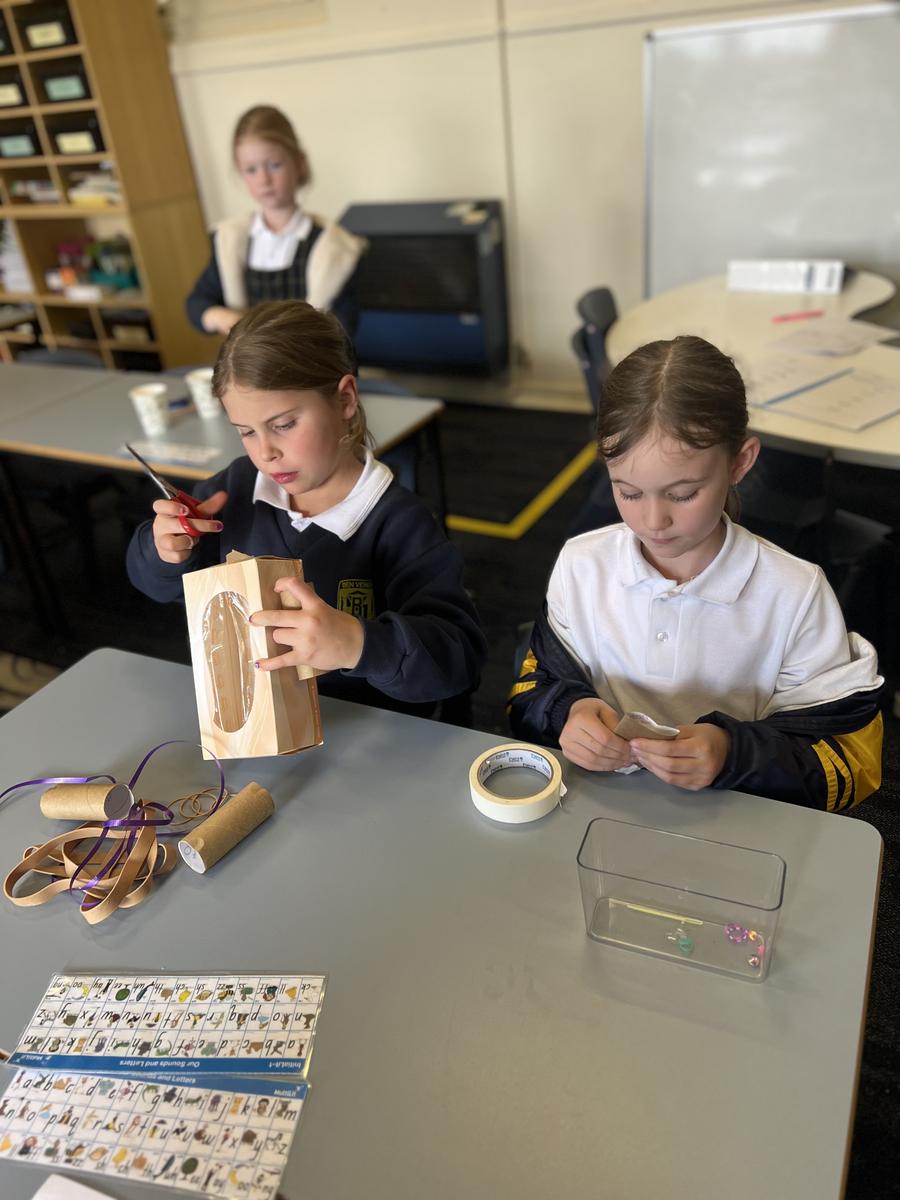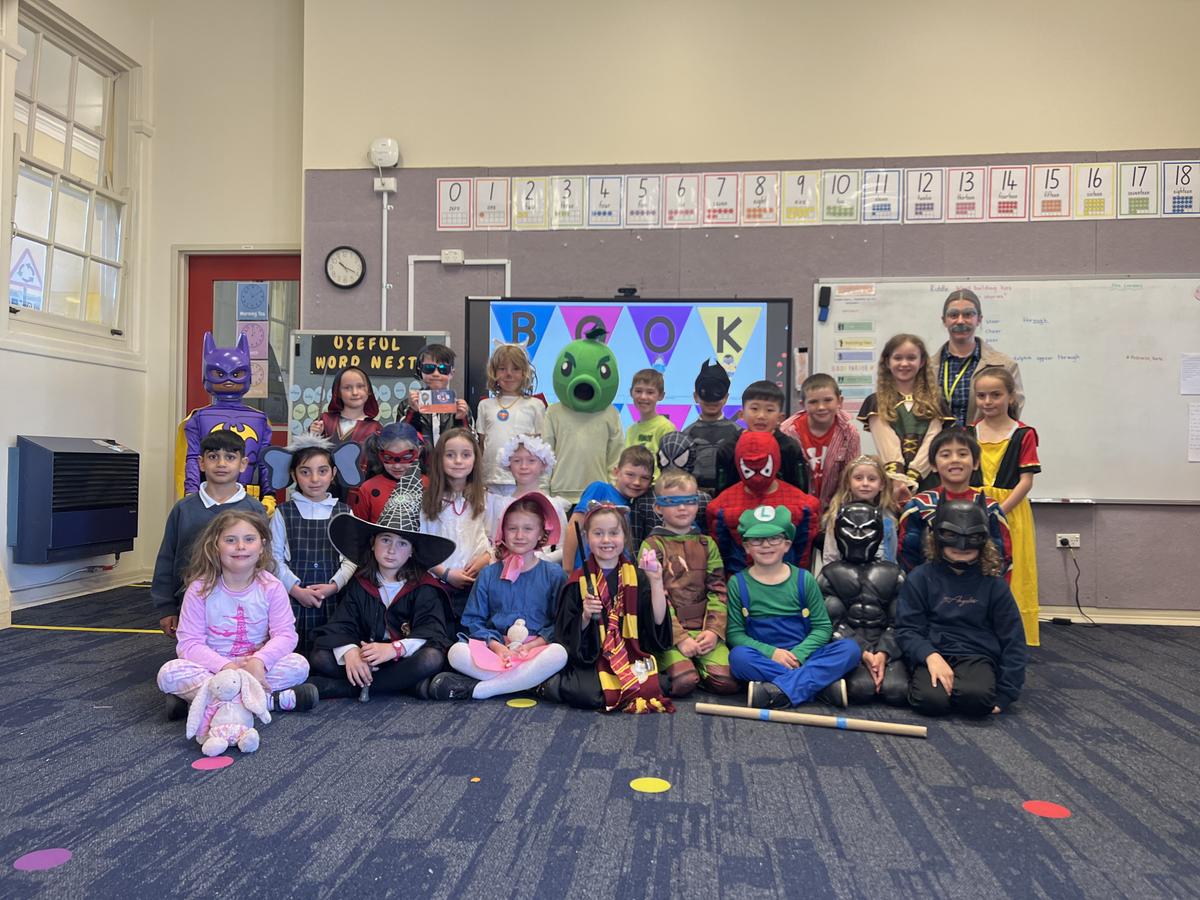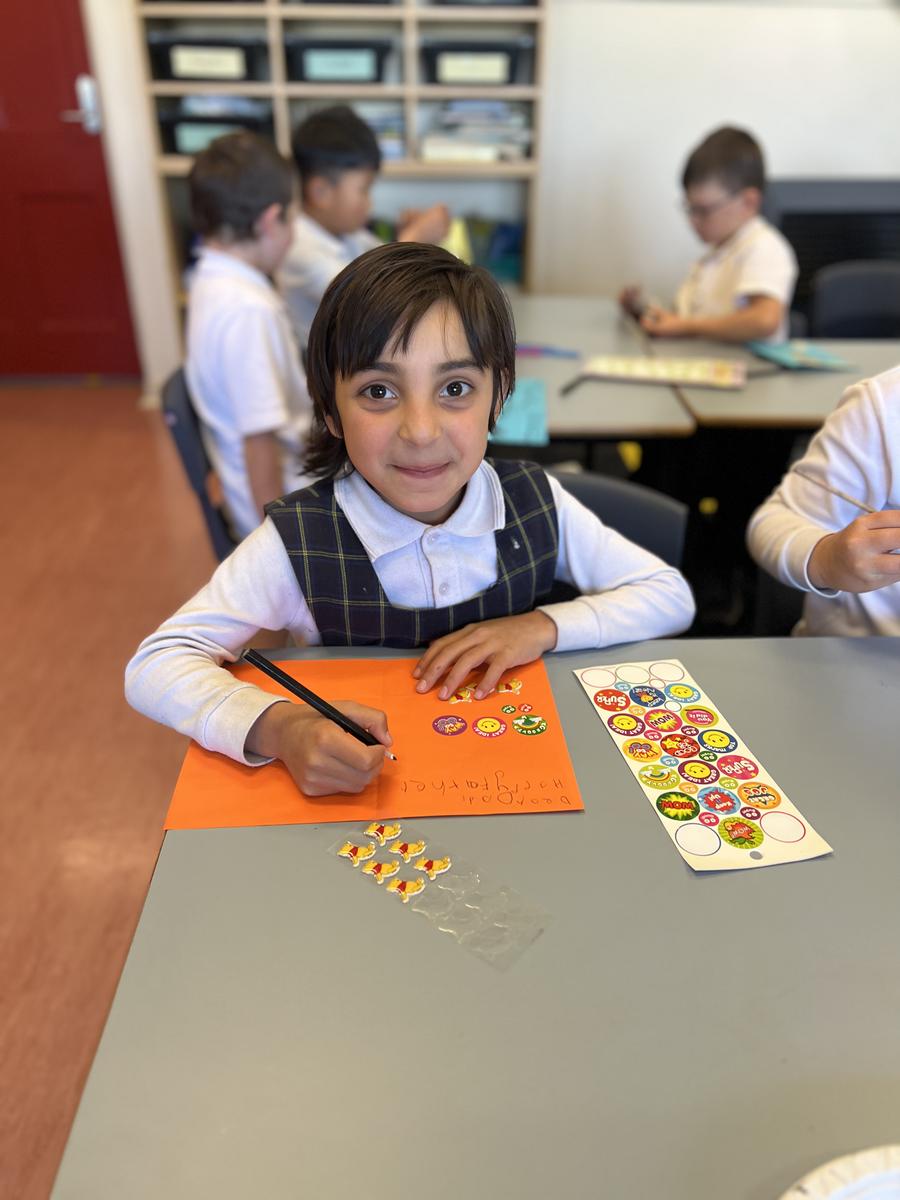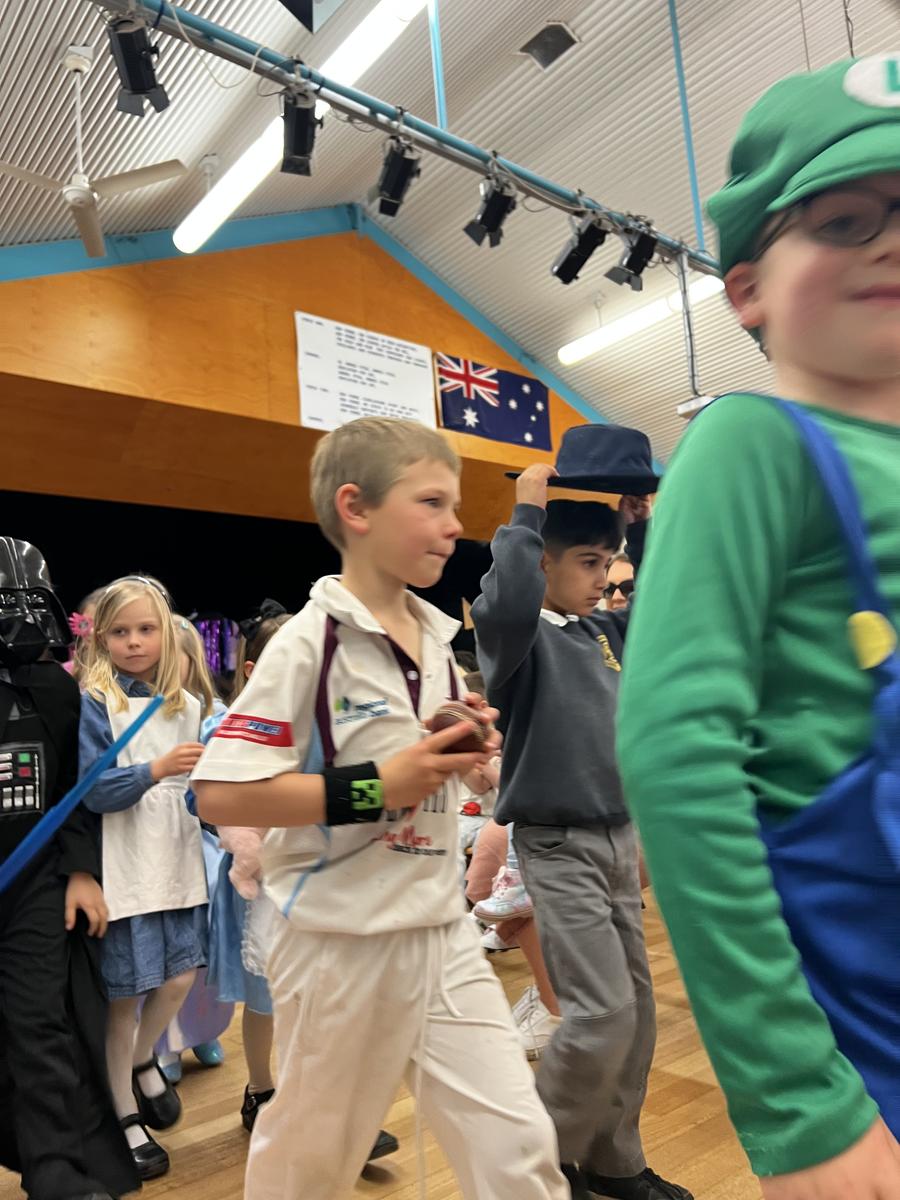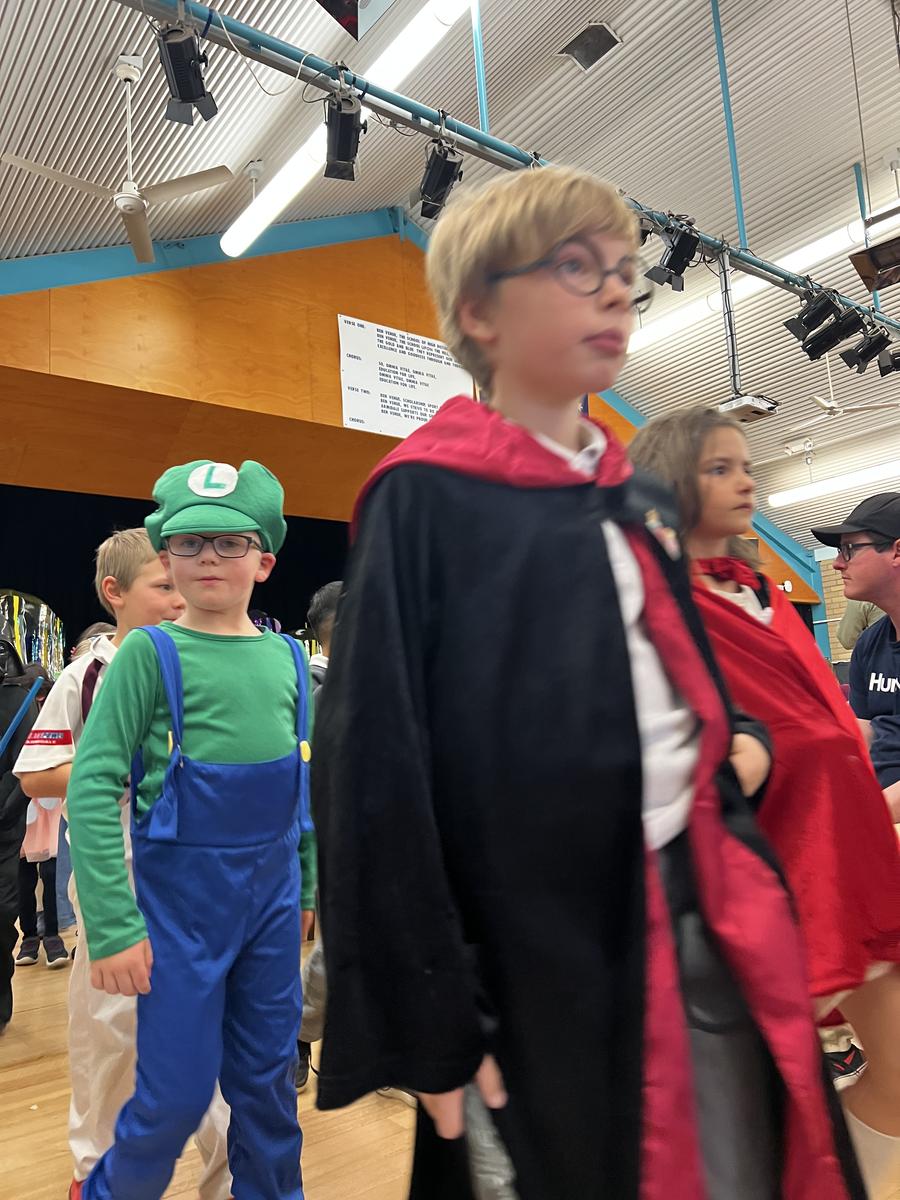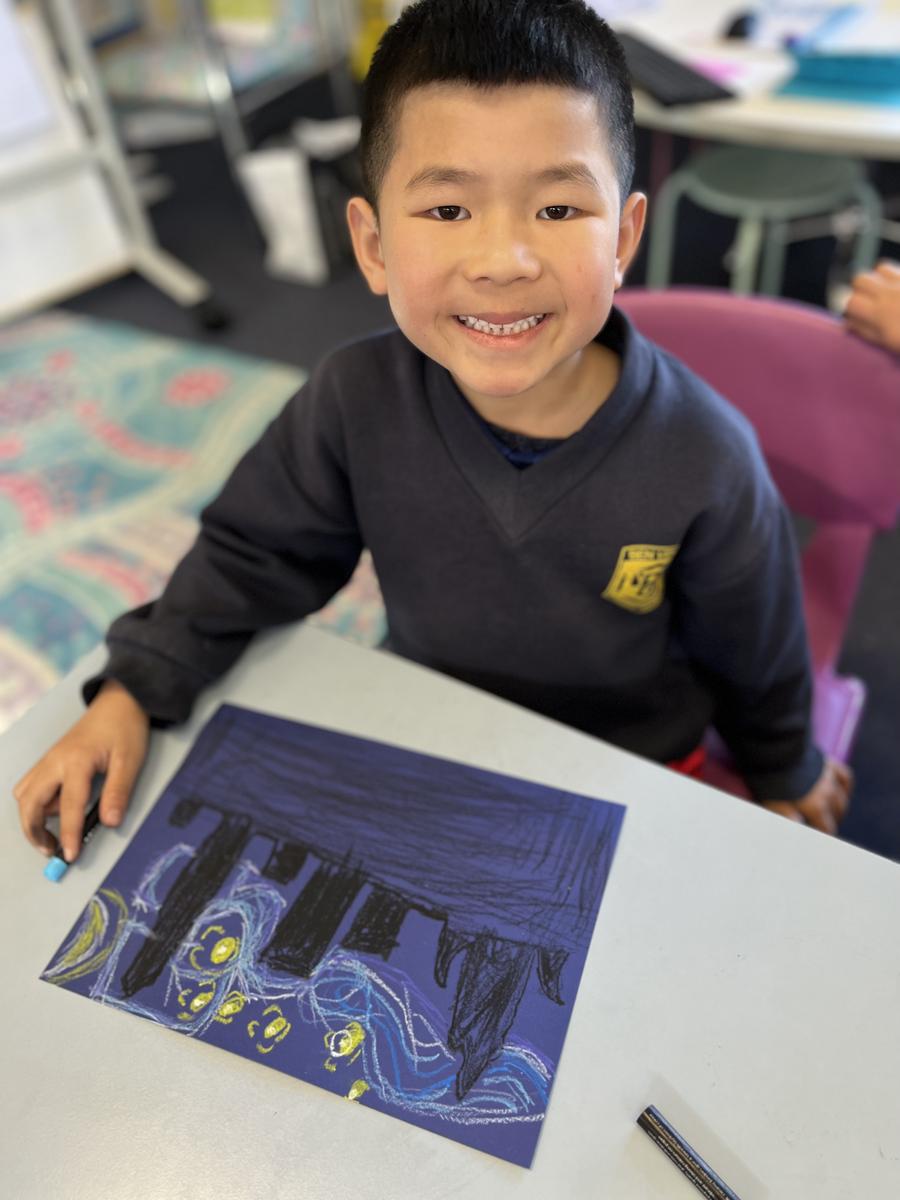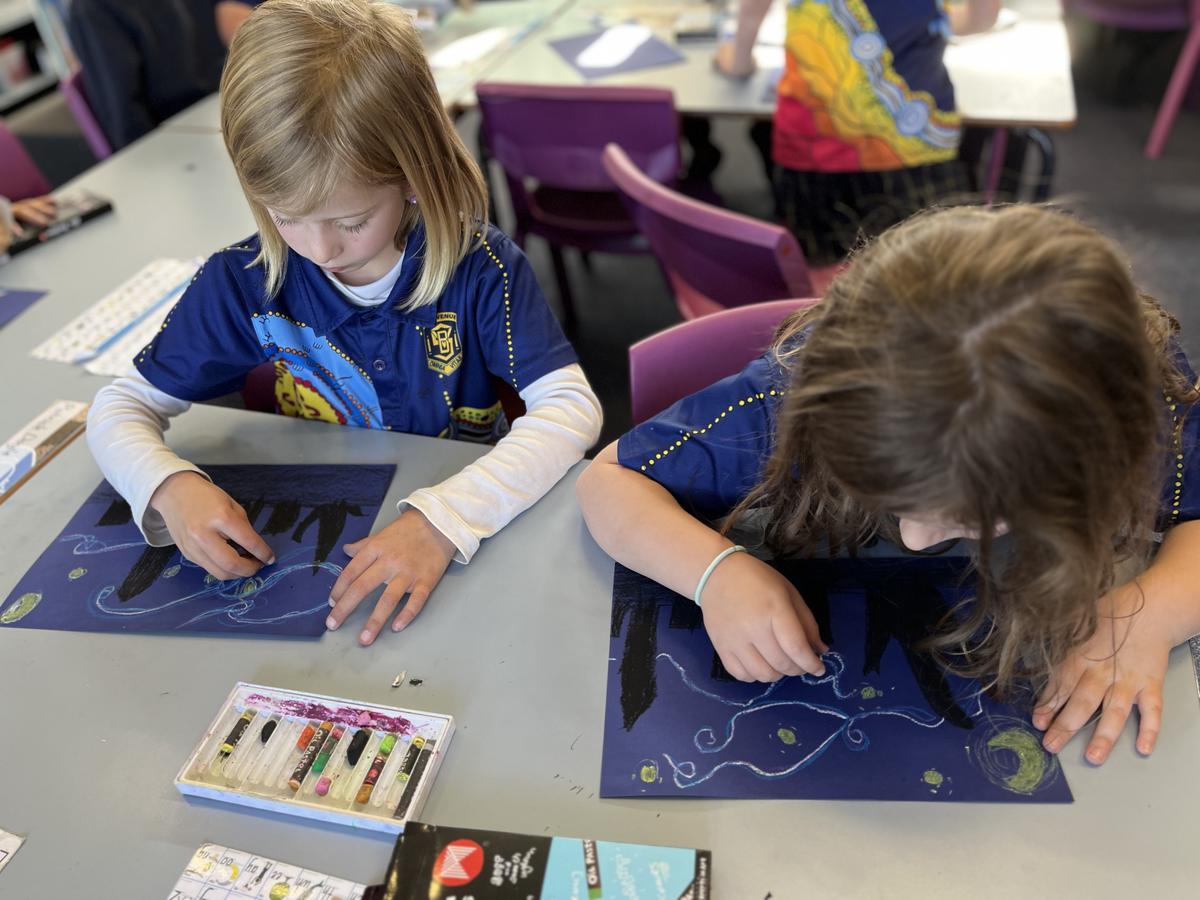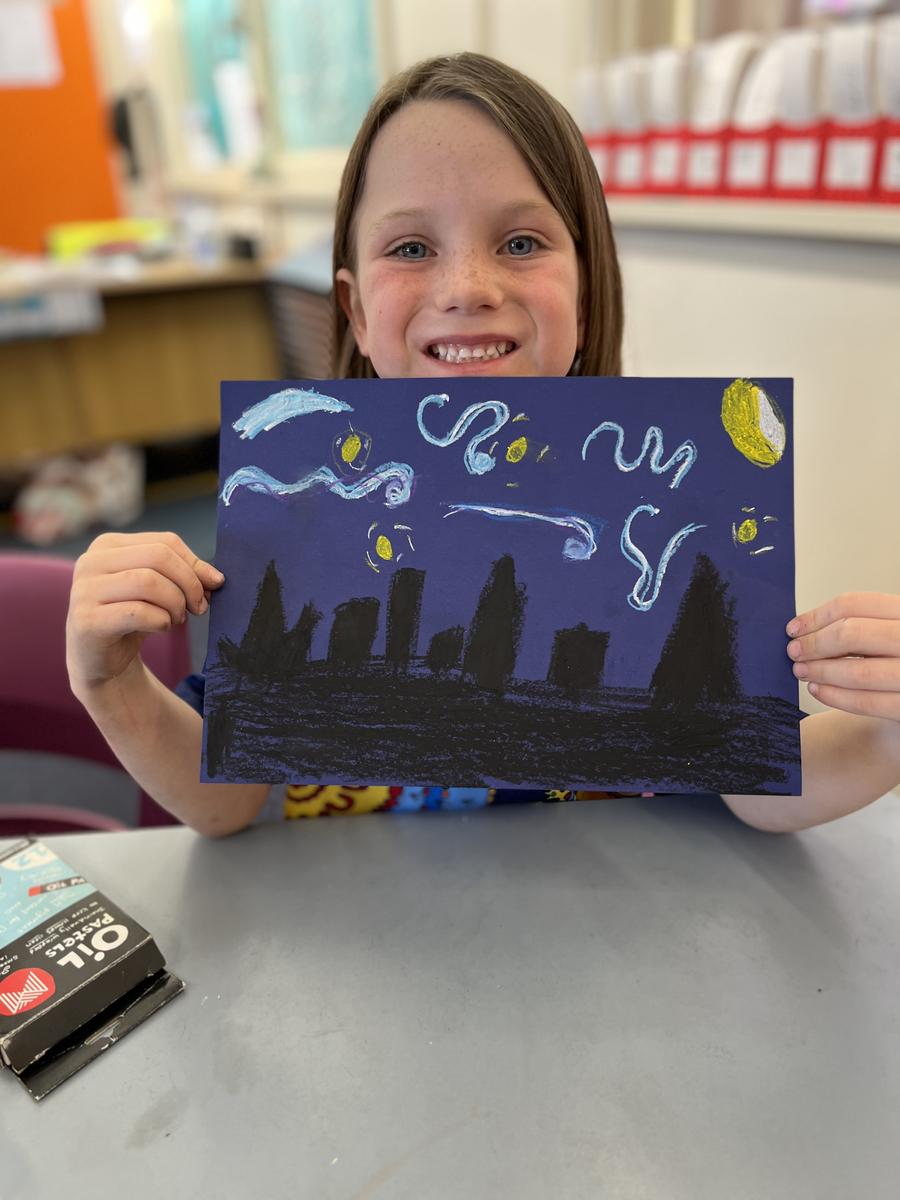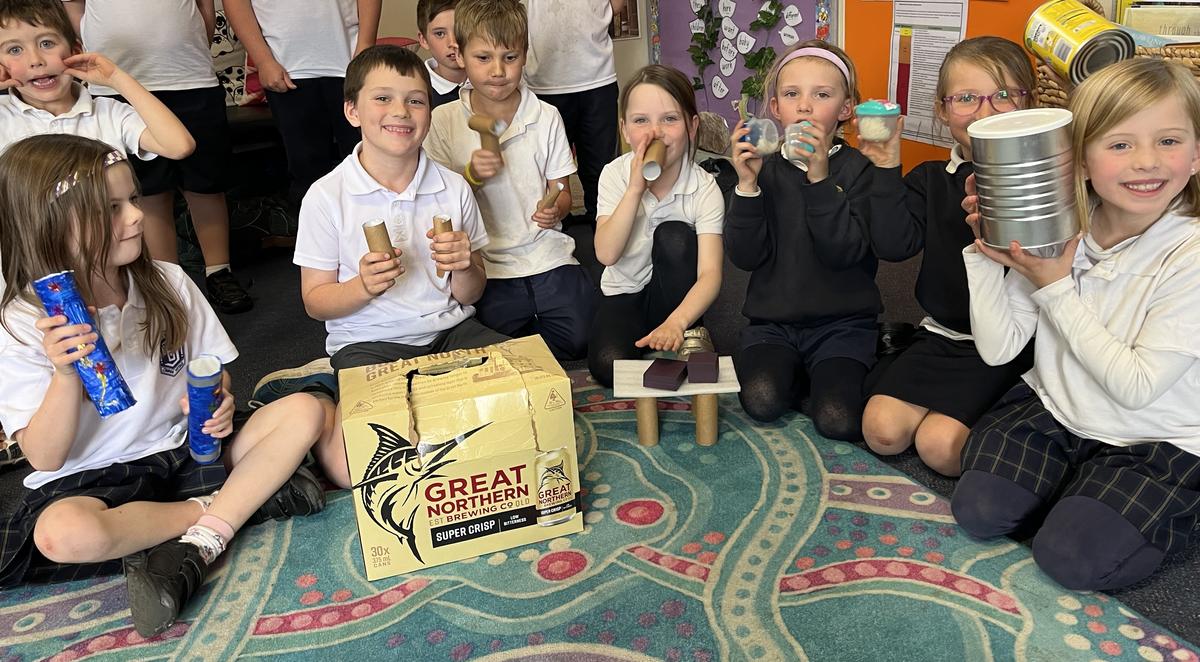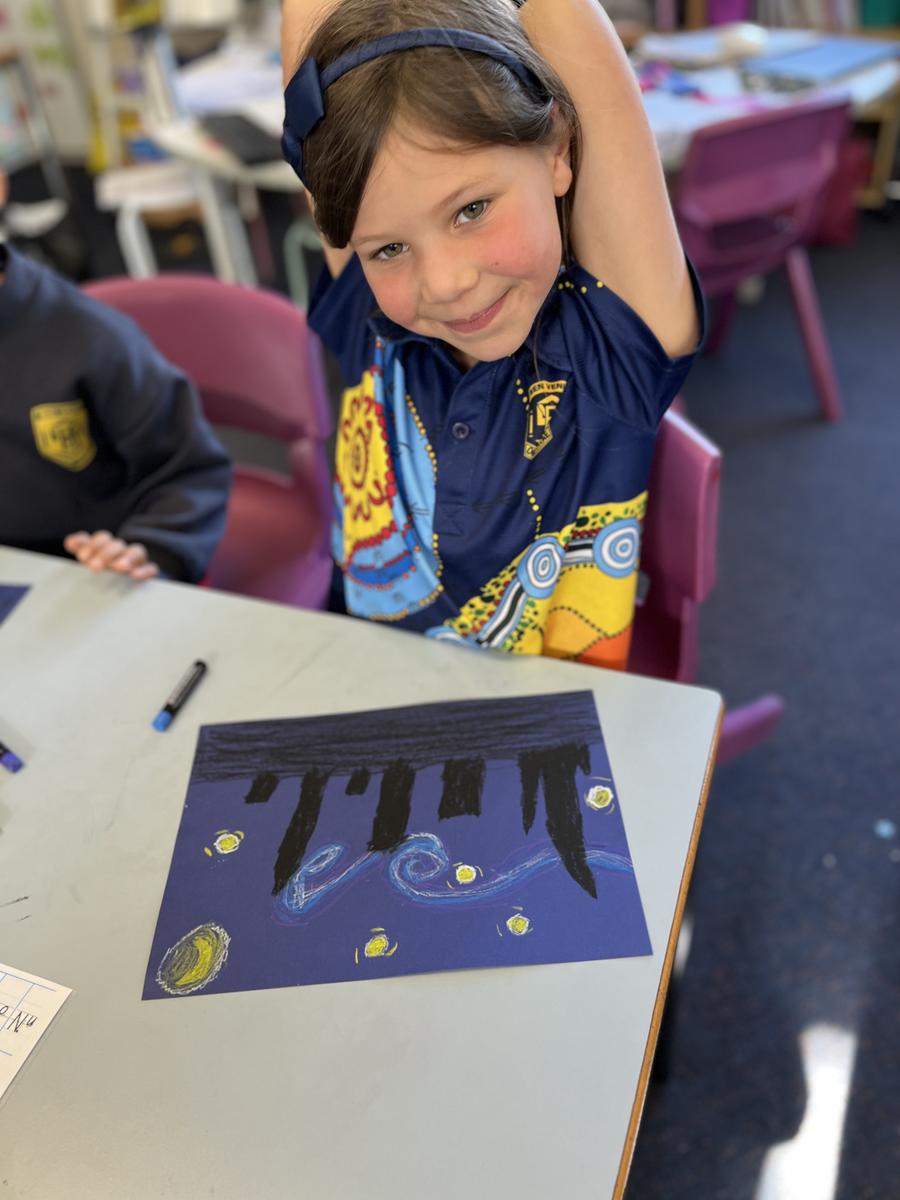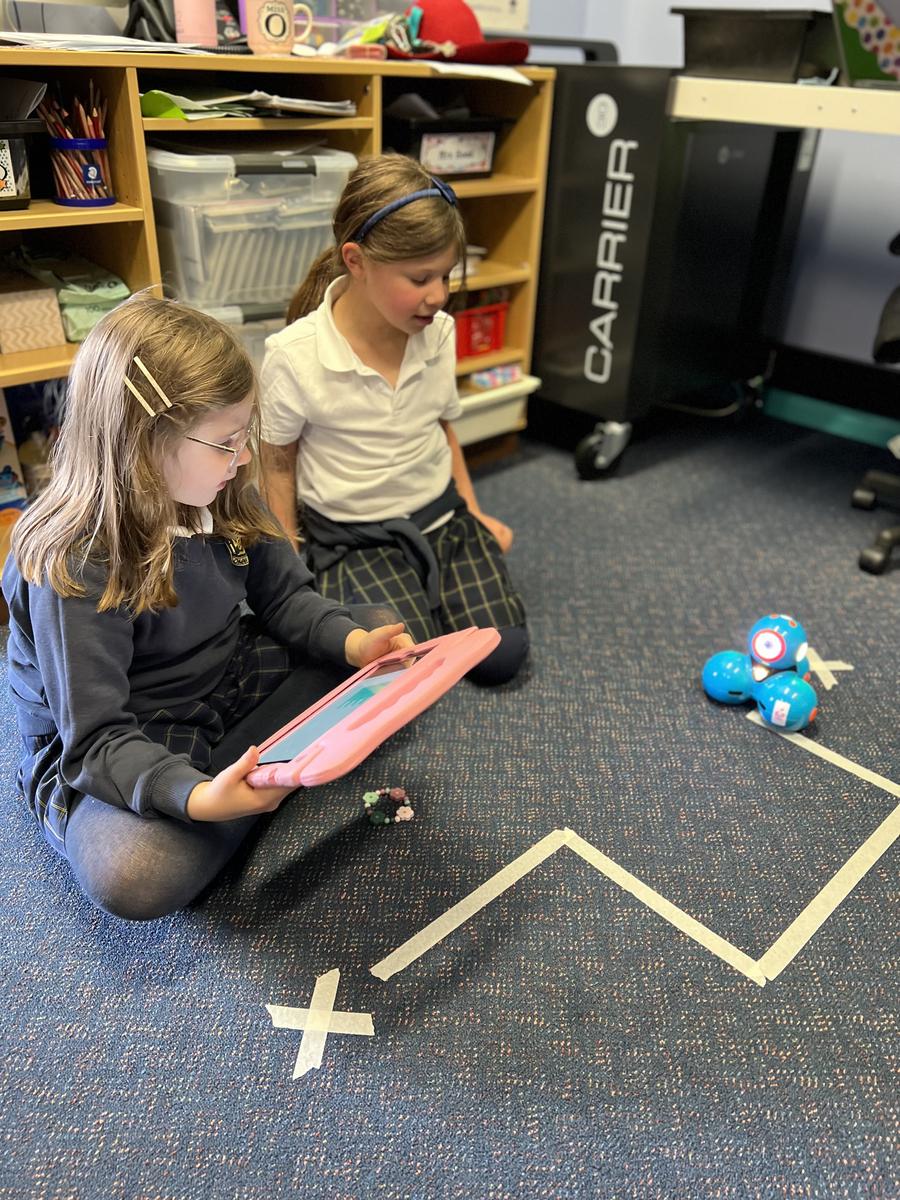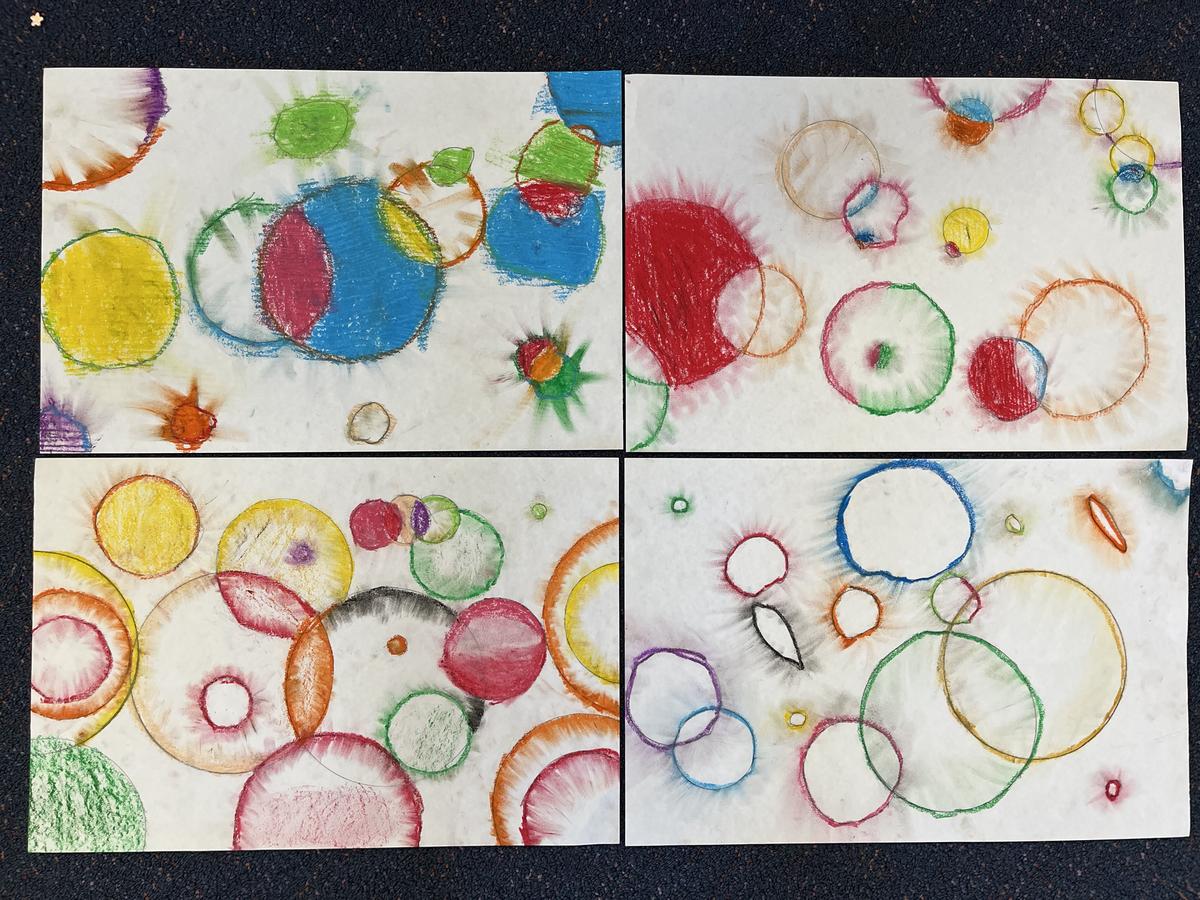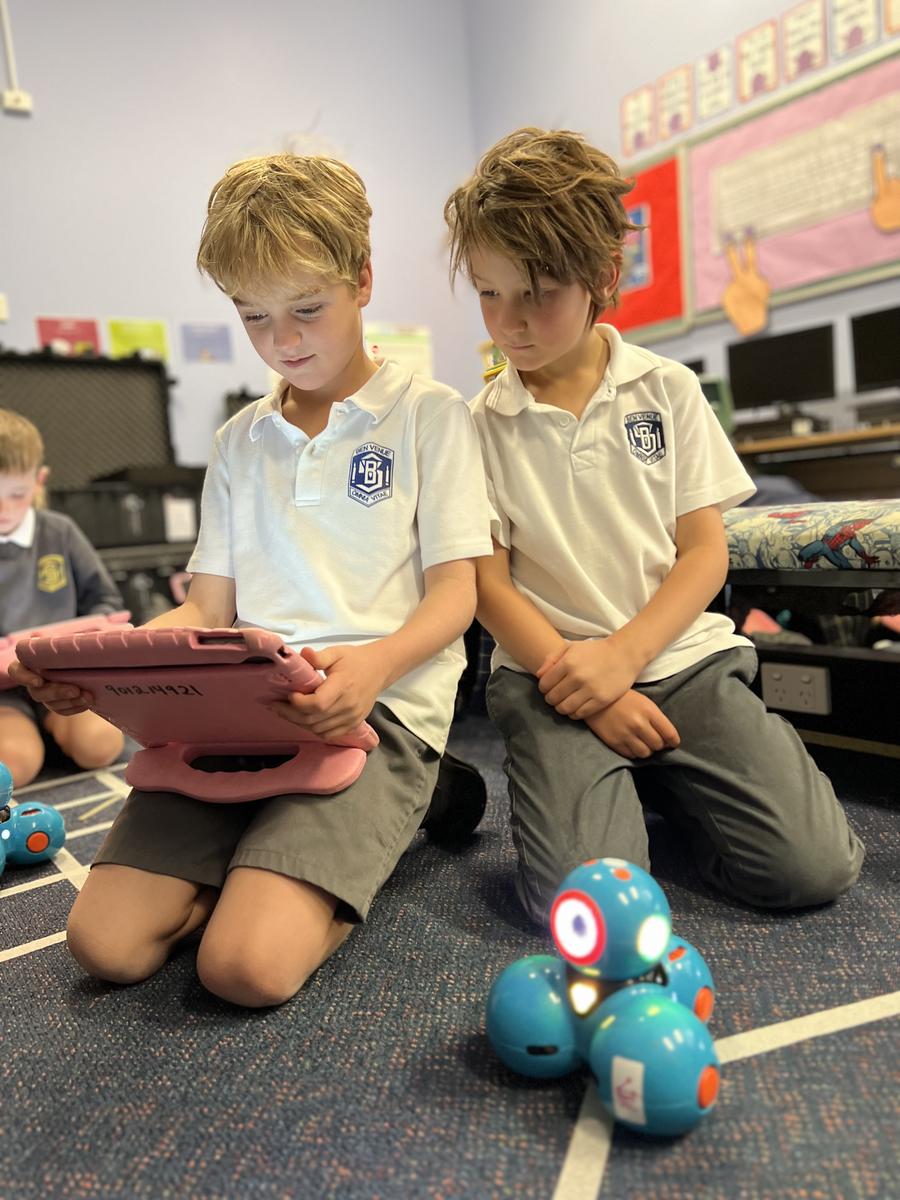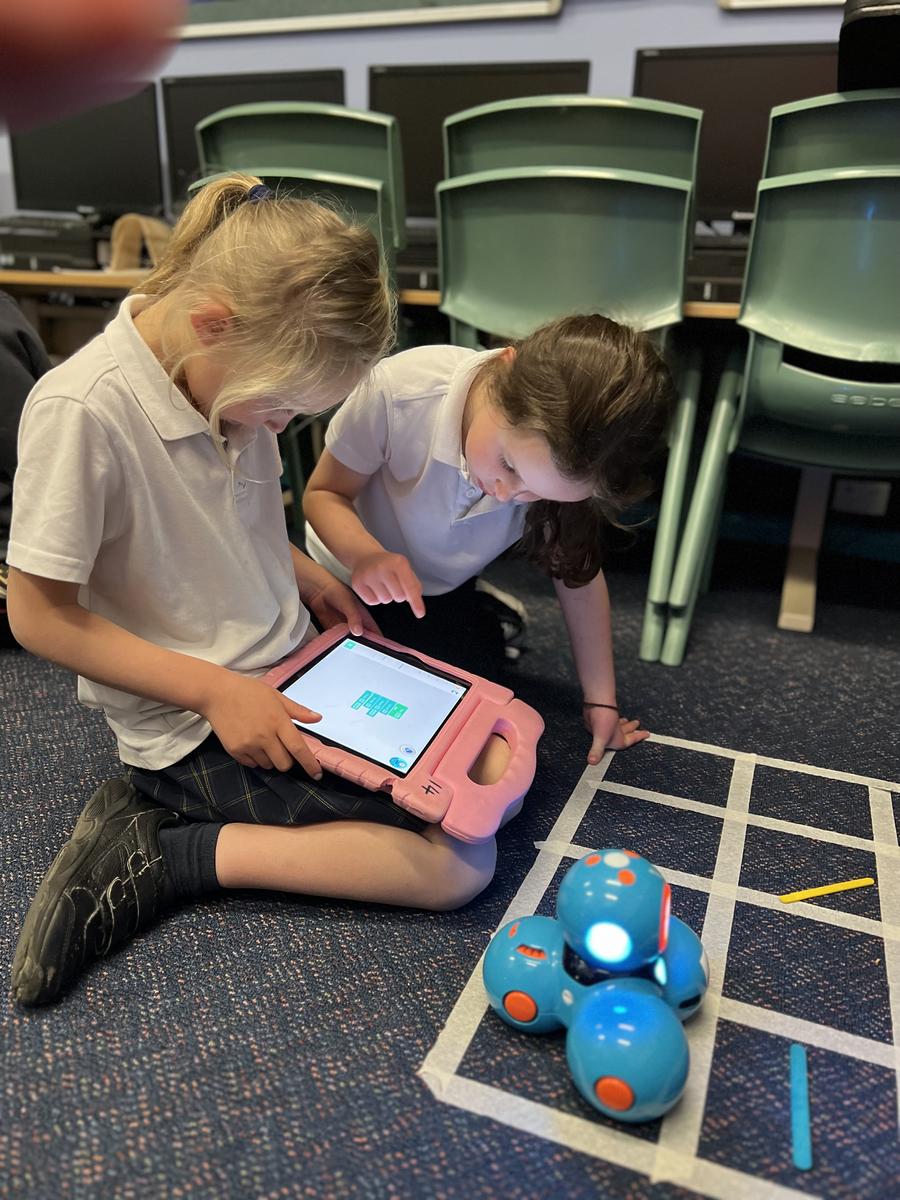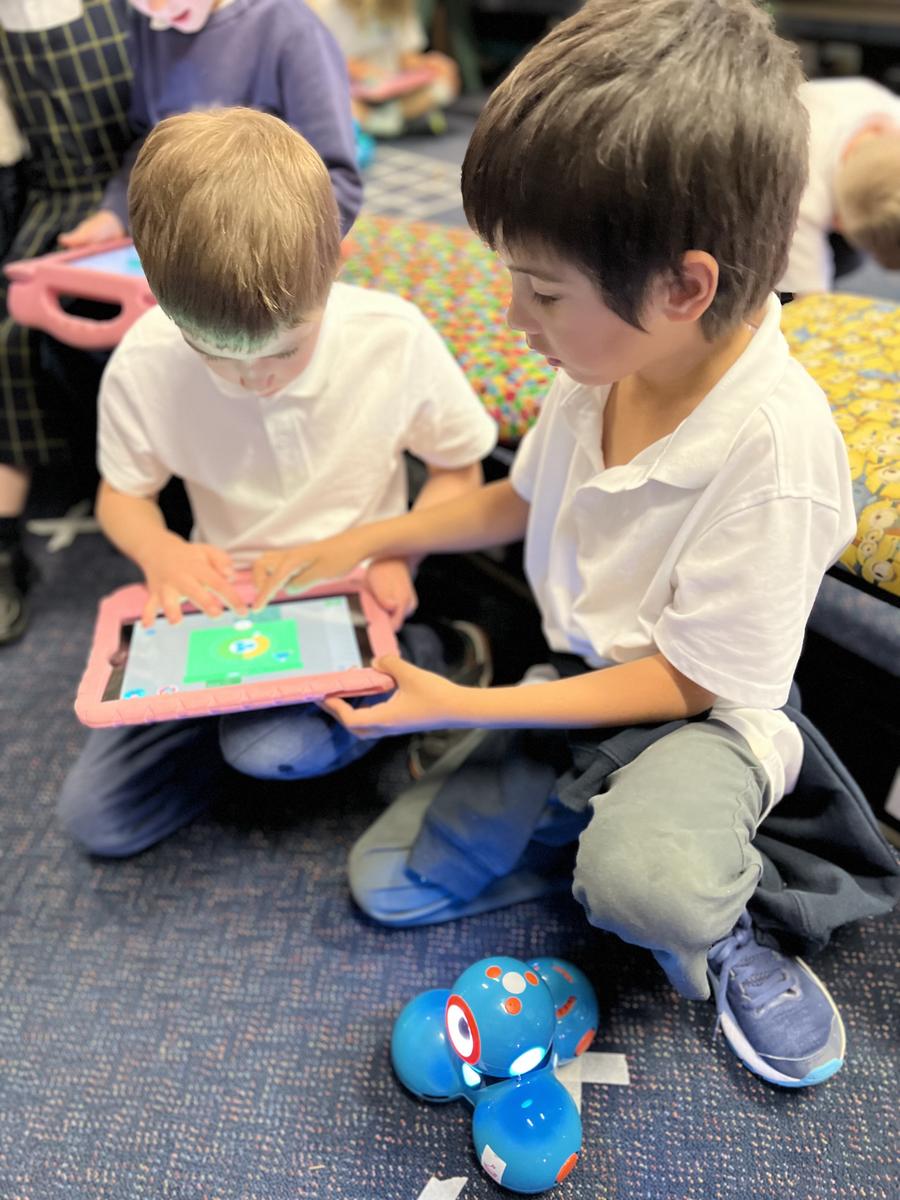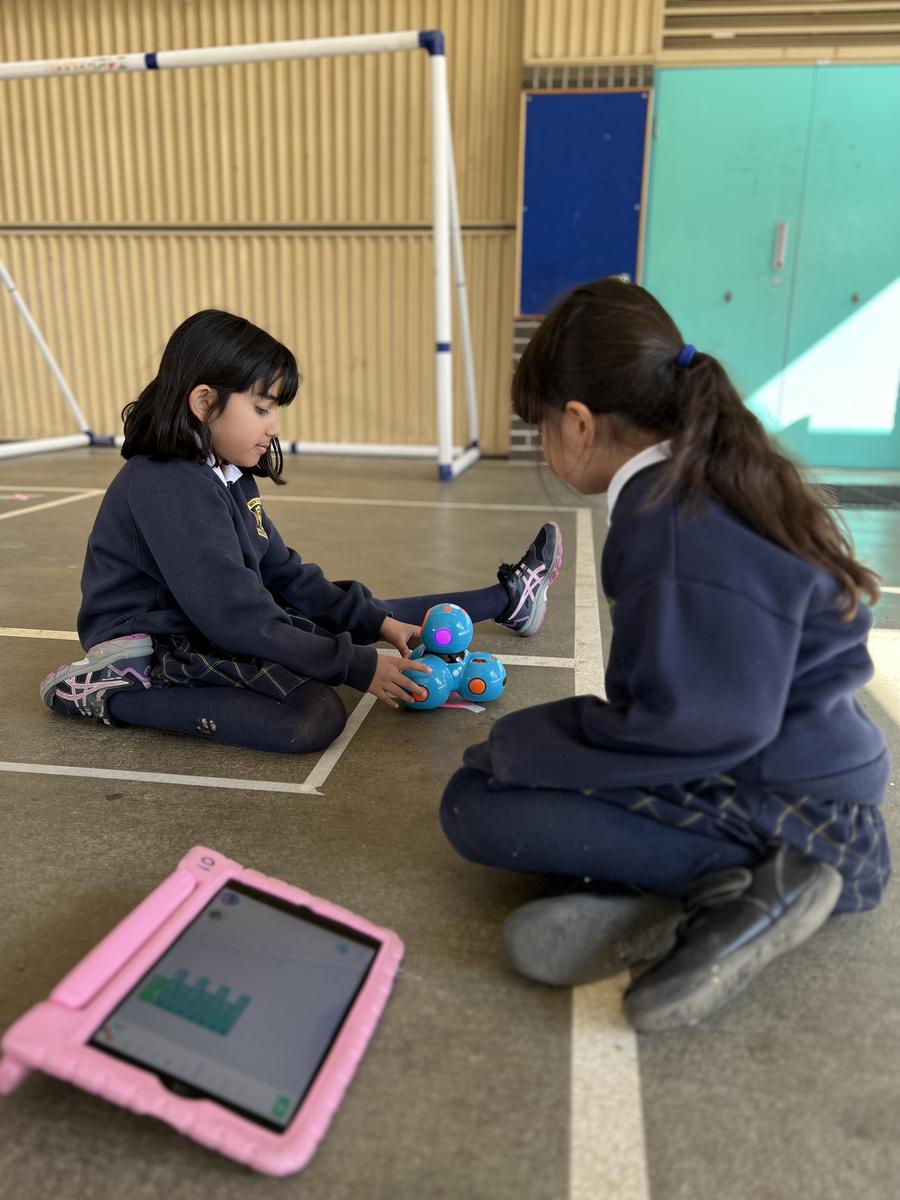Stage 1
A message from Stage 1
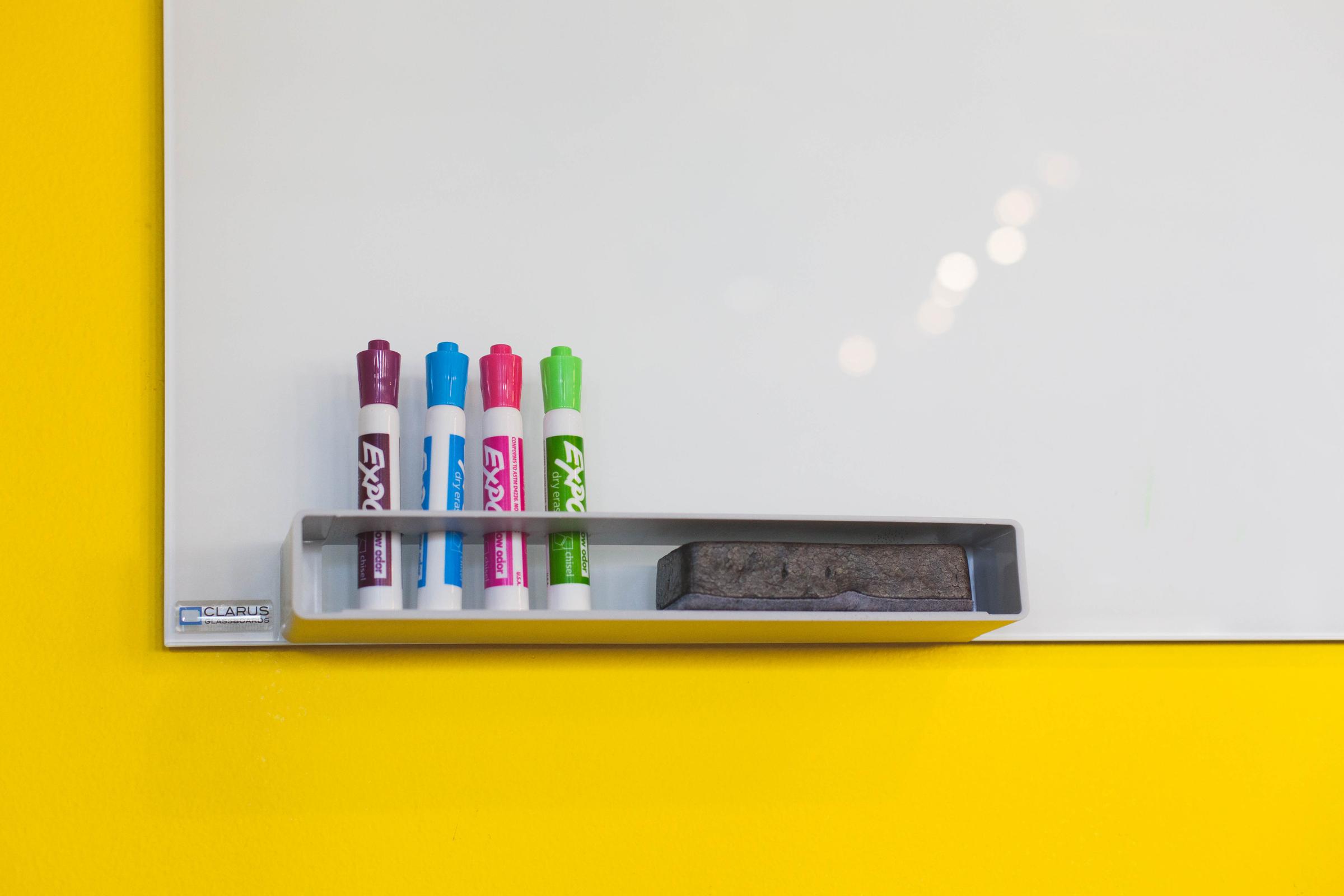
Stage 1
A message from Stage 1
Welcome to Week 8. Stage 1 has had lots of fun over the last fortnight. We participated in the Book Week parade, attended our third gymnastics session, presented persuasive speeches to our classes, developed our coding skills during ICT lessons and designed and made our own musical instruments! We are continuing our artist study and creating our own works, inspired by artists such as Vincent Van Gogh and Wassily Kandinsky.
There have been an increasing number of issues with Pokemon cards becoming lost or traded at school. While we acknowledge that they are special and students enjoy playing with them, teachers cannot be responsible for these cards and we ask that students and families be aware that such items may be lost or damaged at school.
A reminder to parents that details for all upcoming events are posted on SchoolStream.
We are learning to write acrostic poems. Students are also learning to identify and write sentences using alliteration to make their descriptions more interesting.
We are learning to:
I know I am successful when:
We are learning to:
We know we are successful when we can:
Students have been learning about how different sounds are made, how the ear works to interpret the sound and explore why some sounds are soft and some are loud. In the next few weeks, students will engage in conversations and investigations about different things that are hot and cold, and the properties of each. We will discuss how we use our senses to detect heat and the different purposes of heat.
We are learning to:
We know we are successful when we can:
